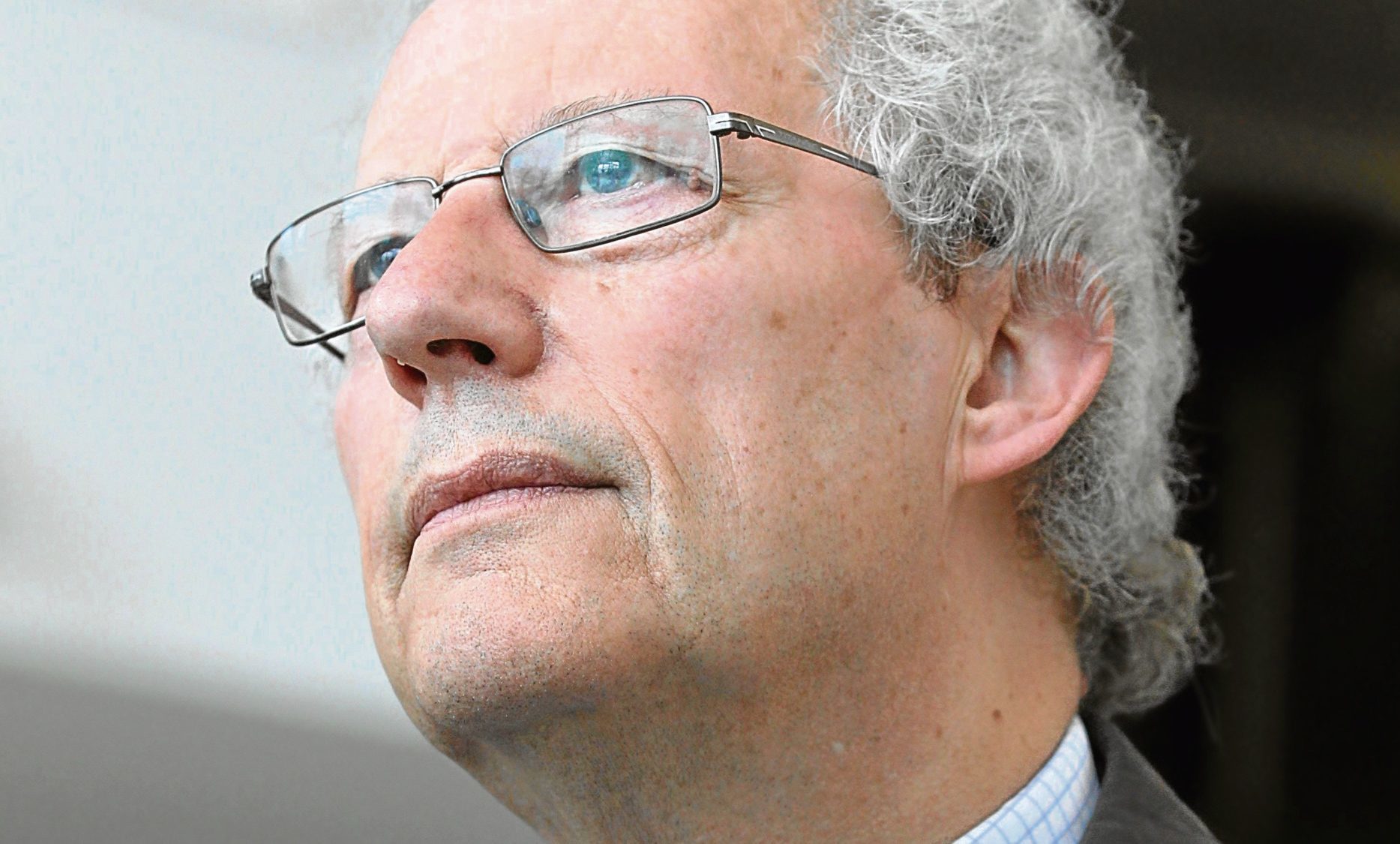With the Labour conference being held in Perth this weekend, former Labour First Minister Henry McLeish explains why he believes the party is in for a rocky ride in the months to come:
The Labour Party is facing tough times as they campaign for the council elections on May 4.
In 2012, before the arrival of the SNP’s domination of Scottish politics, Labour won nearly 400 seats, became the ruling administration in far more councils than the SNP and forced the Tories into a poor third place in the vote with a little more than a quarter of the seats won by Labour.
Retaining control of Glasgow and winning back Fife, much to the disappointment of the SNP, boosted party morale and became the only high point in a period that was soon to prove so calamitous for Labour and so successful for the SNP.
This time the outcome could be very different. The SNP are polling well.The Tories are likely to do better on the back of good results in the Holyrood elections. Both the liberals and the Greens could pick up seats. UKIP could certainly do better; they didn’t win a seat last time!
On the wider political front, the other parties should take some comfort from the fact that, after 10 years, the gloss is wearing off the SNP. Education could be better. Not all the problems are financial.
Policy is at the heart of why Scotland is falling behind some of our more successful counterparts in Europe. Actions also speaks louder than words. In some cases SNP administrations at local levels have lacked experience, been too party political and have not impressed their voting publics. Fife is an example of voters being motivated by incompetence, not politics, when in 2012 the SNP was replaced.
For Labour there is no disguising how difficult these elections will be, but this is a party with a record. Since the major municipal reforms in the early part of the 20th century local councils have made great strides.
The Labour Party has been in the forefront of civic achievements, political reforms and progressive improvements. In sharp contrast, the SNP is a relative newcomer to local government and their inexperience often shows.
In 2017, this kind of history may not accurately predict or reflect the mood of the public or the issues that are on their minds. But for all the candidates and electors who will be part of this great democratic process let us remind ourselves of the worth of local government and what it does for every family, every day, of every week in every part of Scotland.
This is a time for all councils, candidates and councillors to be proud and passionate about what they do.










